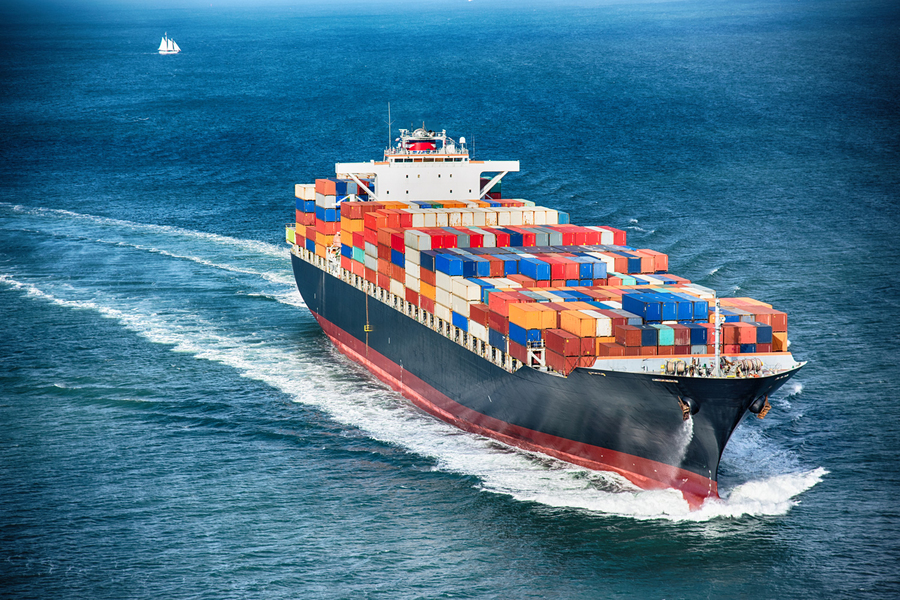Climate and Air Quality Impact of Using Ammonia as an Alternative Shipping Fuel
July 17, 2024

A new paper explores the effects of ammonia fuel on the climate and public health.
As container ships the size of city blocks cross the oceans to deliver cargo, their huge diesel engines emit large quantities of air pollutants that drive climate change and have human health impacts. It has been estimated that maritime shipping accounts for almost 3 percent of global carbon dioxide emissions and the industry’s negative impacts on air quality cause about 100,000 premature deaths each year.
Decarbonizing shipping to reduce these detrimental effects is a goal of the International Maritime Organization, a U.N. agency that regulates maritime transport. One potential solution is switching the global fleet from fossil fuels to sustainable fuels such as ammonia, which could be nearly carbon-free when considering its production and use.
But in a new study, an interdisciplinary team of researchers from MIT and elsewhere caution that burning ammonia for maritime fuel could worsen air quality further and lead to devastating public health impacts, unless it is adopted alongside strengthened emissions regulations.
